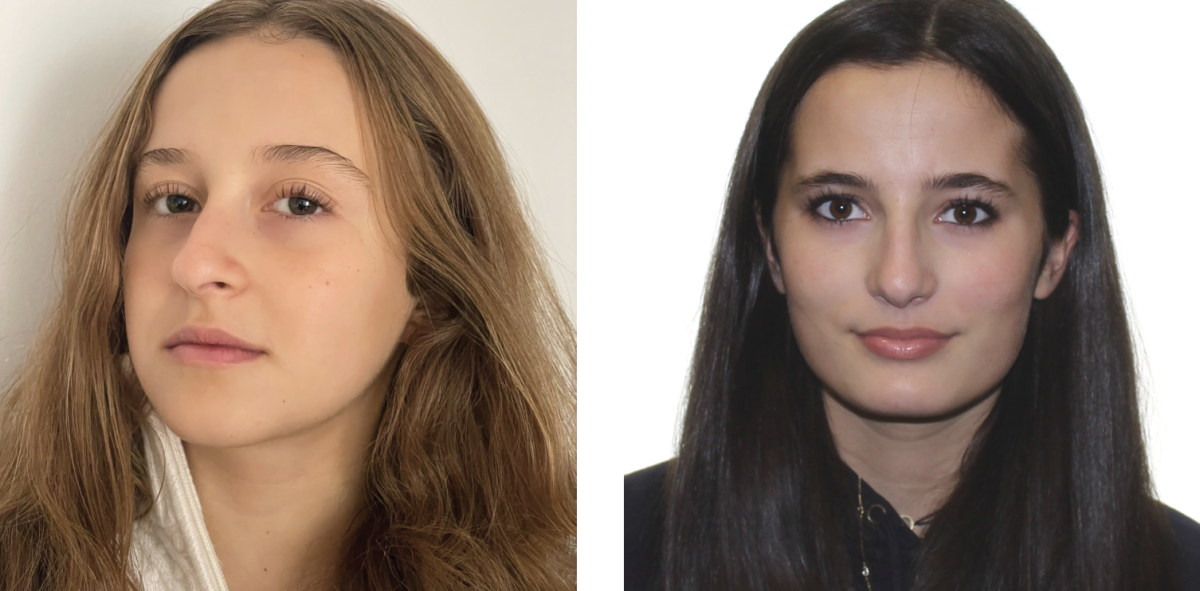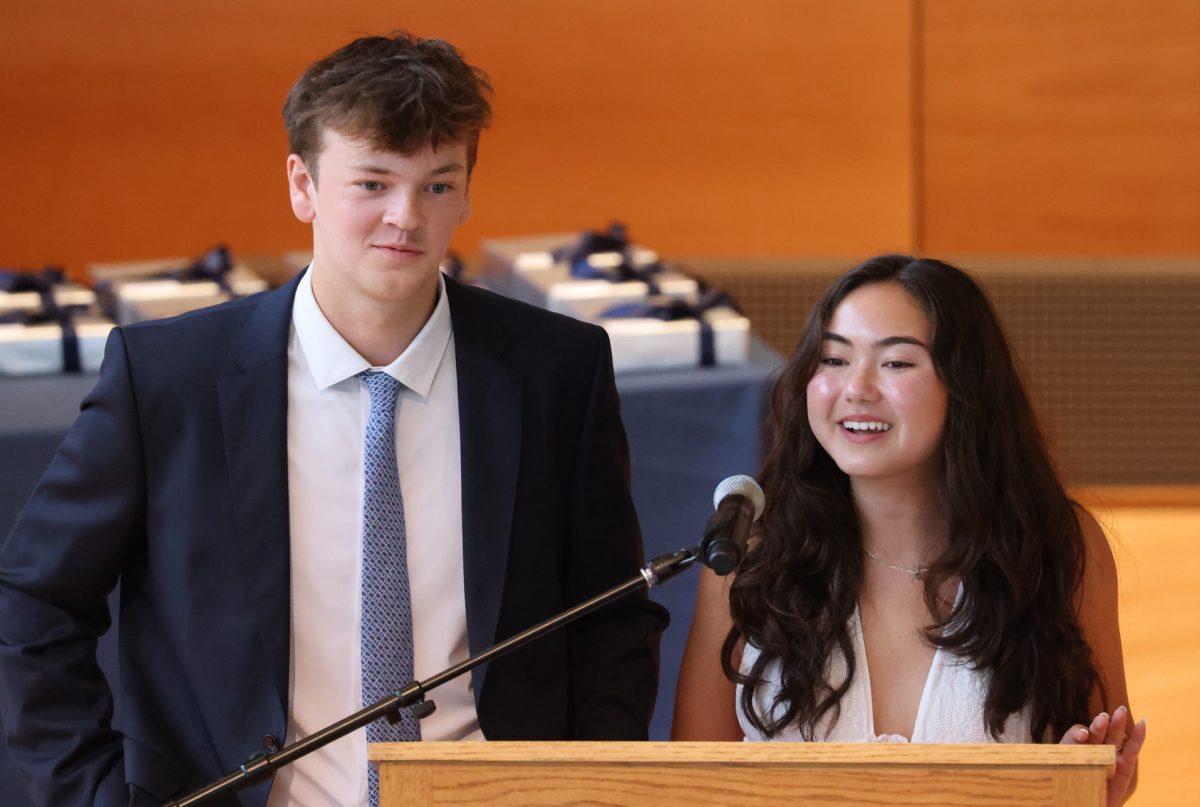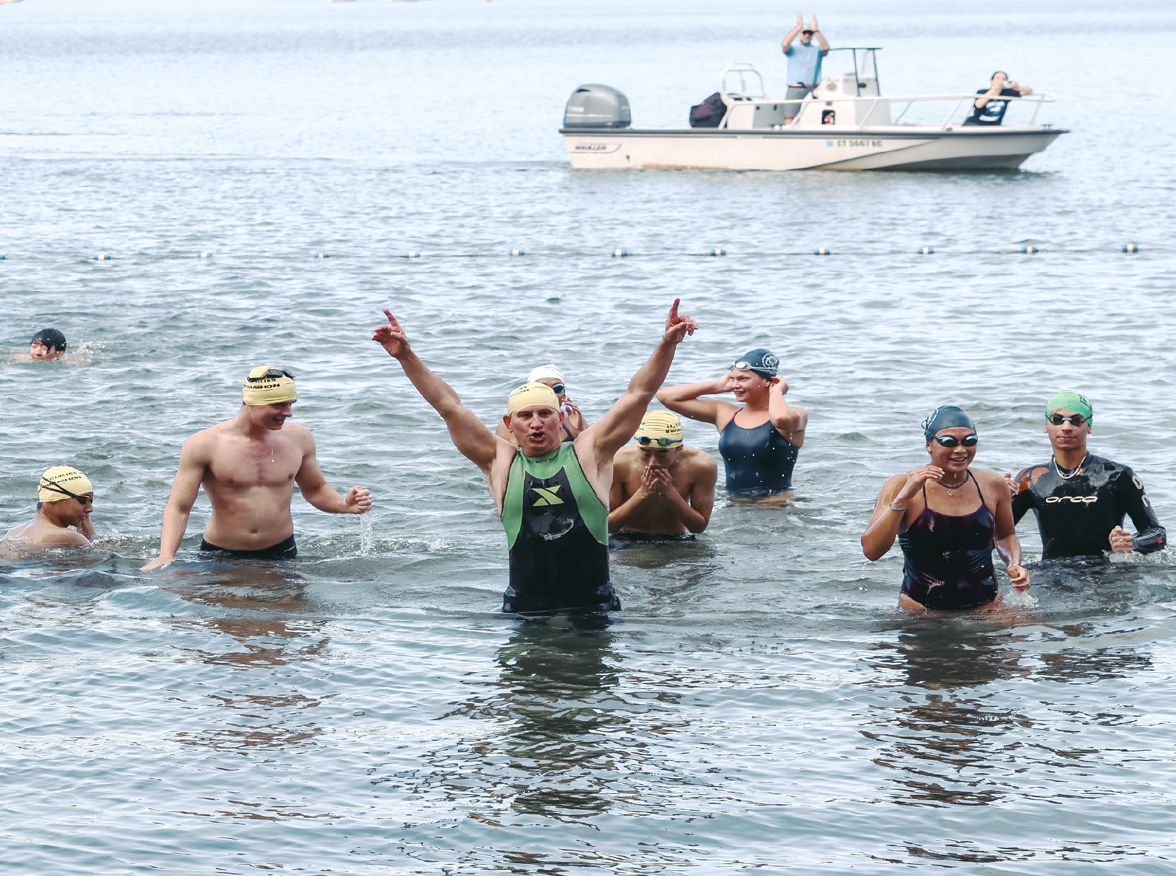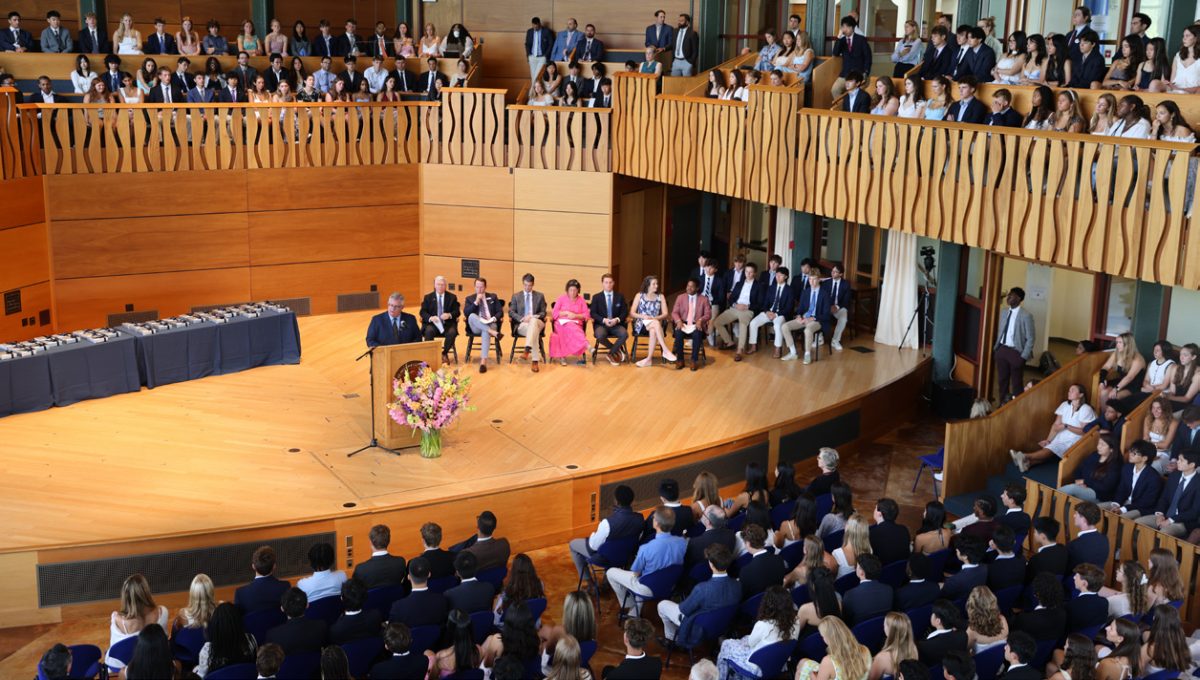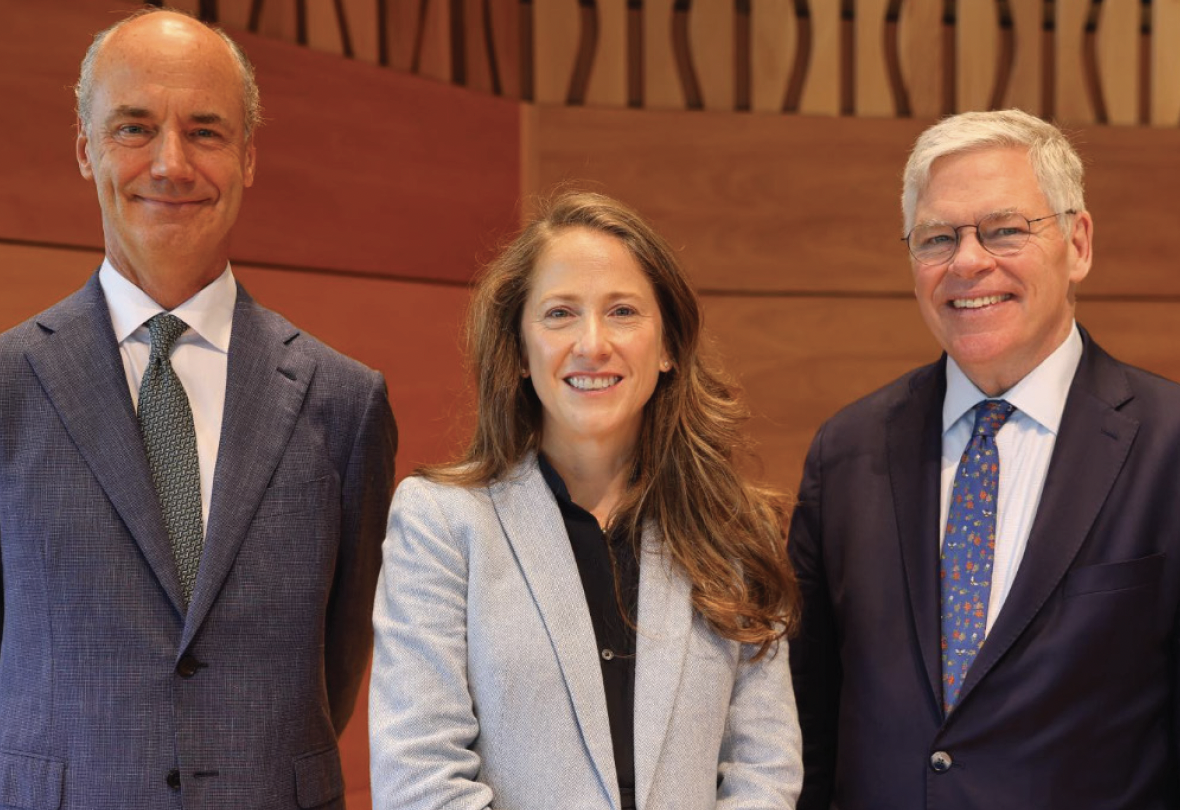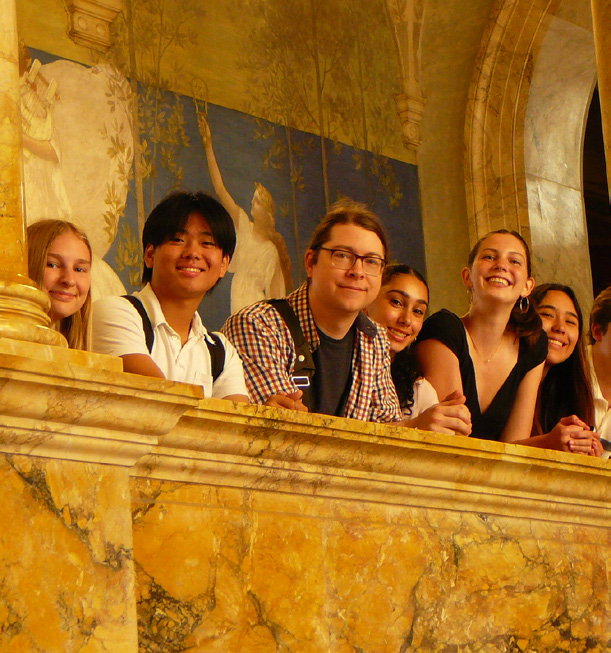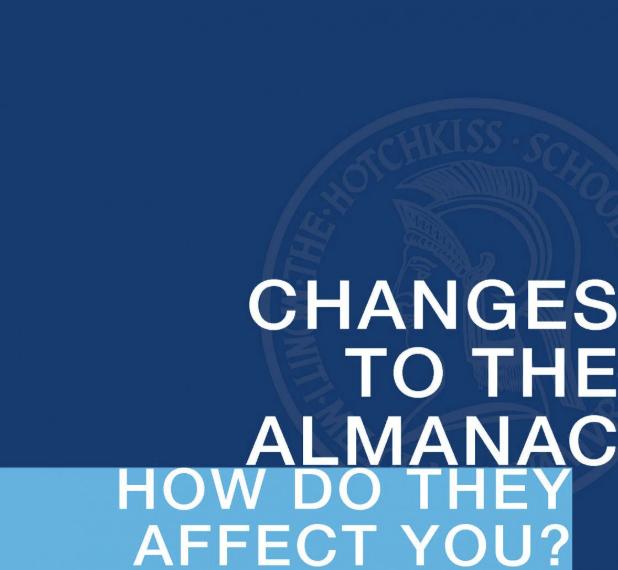Round Square exchange students Helena Santamaria and Elise Gourmelon have joined the Lower Mid class for this marking period. The two are roommates on Buehler 3.
BUCH: Tell us a bit about yourself and how you came to Hotchkiss.
SANTAMARIA: My name is Helena Santamaria. I live in Bogota, the capital of Colombia. I go to an International Baccalaureate (IB) school called Colegio Anglo Colombiano. I’ve been in that curriculum my whole life, which is very different from here.
GOURMELON: My name is Elise Gourmelon, and I’m from Paris, France, although I lived in China for four years when I was younger. I was in a French Chinese school, and then I moved to France, where I’m in a private day school. I’ve been there for 10 years.
BUCH: Why did you choose to come to Hotchkiss and what has the adjustment been like?
SANTAMARIA: My school, apart from being IB, is also in Round Square. The Round Square application [to Hotchkiss] was very difficult. There were several rounds of selection. We originally had more than 100 applicants; we only selected 10 people to do an exchange, and then they ranked us.
I got a lot of choices [of schools to go to], because I did well in the ranking. I got to pick between Canada, South Africa, Australia, and another school in California. Round Square only offered Hotchkiss to two people at my school—to me and Alexandra, who’s coming [in the fourth marking period].
GOURMELON: The main thing about coming to Hotchkiss was the fact that it’s a boarding school. And the fact that it is in the U.S., so everything is so much different from what I’m used to.
SANTAMARIA: The culture shock was crazy. For example, I’m a super-touchy person. The first time I saw you [Ira], I just gave you a hug without even thinking. I love physical contact. And for people here, it’s so different! It’s been taken the wrong way a few times.
GOURMELON: In my school in Paris, all the girls in high school had handbags. It was funny, because I showed up to class on the first day with a little handbag, you know, like a purse, instead of a backpack.
BUCH: How have the classes here been in comparison to your old school?
SANTAMARIA: In Colombia, I would be able to take higher levels of some classes and, here, I have to repeat some of the lower courses, because the materials are so different. For example, I have one math class in Colombia that covers dozens of different topics. So transitioning to taking a class like geometry, which is very focused, is different.
In terms of Humanities classes, it was very impressive to see how people actually build their knowledge in discussion. So far, my expectations have been met and exceeded.
GOURMELON: The way that Humanities classes work here is really interesting, because it’s much more of a debate and a discussion as opposed to a lecture format. It was a little bit of a shell-shock for us when we got here, particularly in Mr. Parker Reed’s [English] course. We came into the class and told him we were exchange students, and then everyone else suddenly stood up without saying a word to him or to us and started writing on the whiteboard. We didn’t know what to do or say.
BUCH: How have you found the people and community here?
GOURMELON: I’m very grateful that Elena and I are doing the exchange together. If I were alone doing the exchange, I don’t know what I would have done, because coming in the middle of the year is so awkward.
It’s difficult, because you arrive in a place that everyone already knows, and we don’t know this environment well; we’re not used to the system and everything.
SANTAMARIA: It has been amazing. We met like 10 days ago. And you cannot tell—everybody here thinks we met when we were little, because we seem like the closest friends in the whole world.

